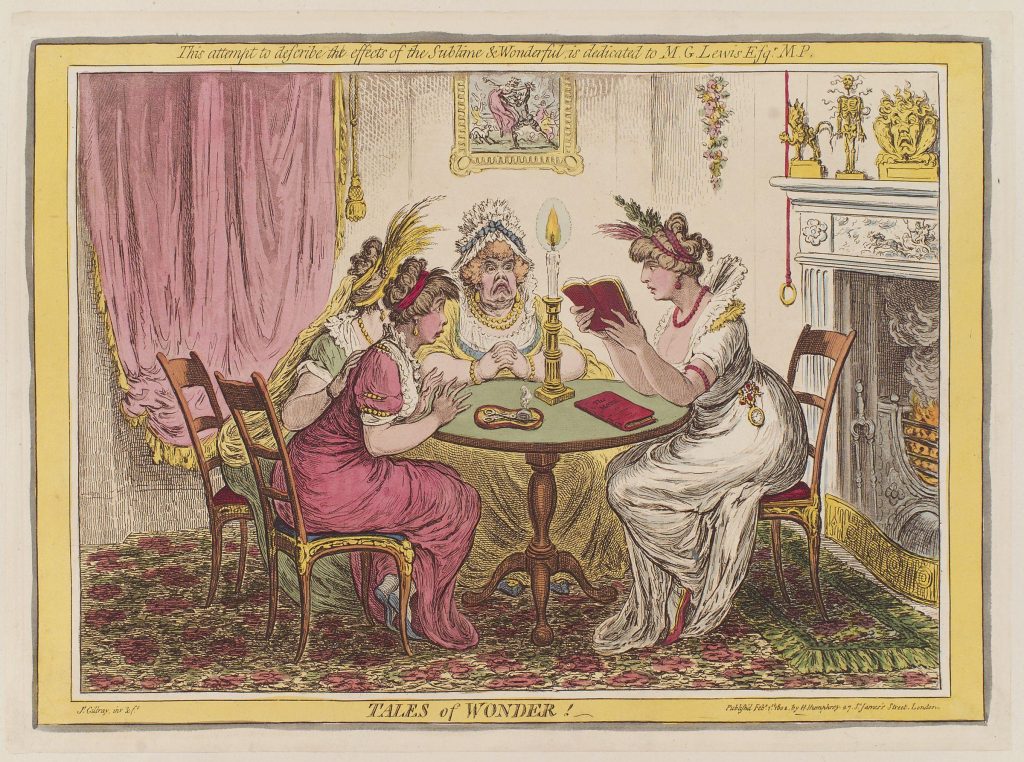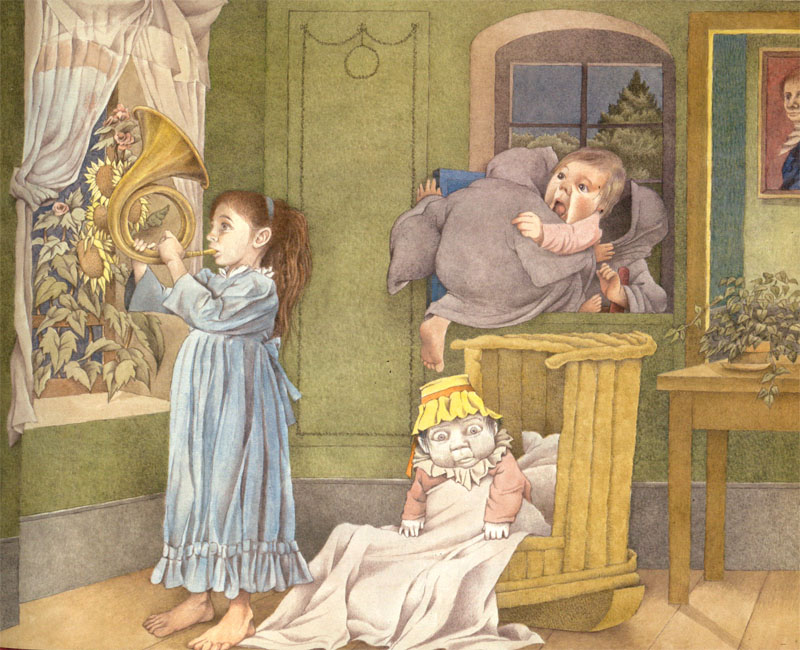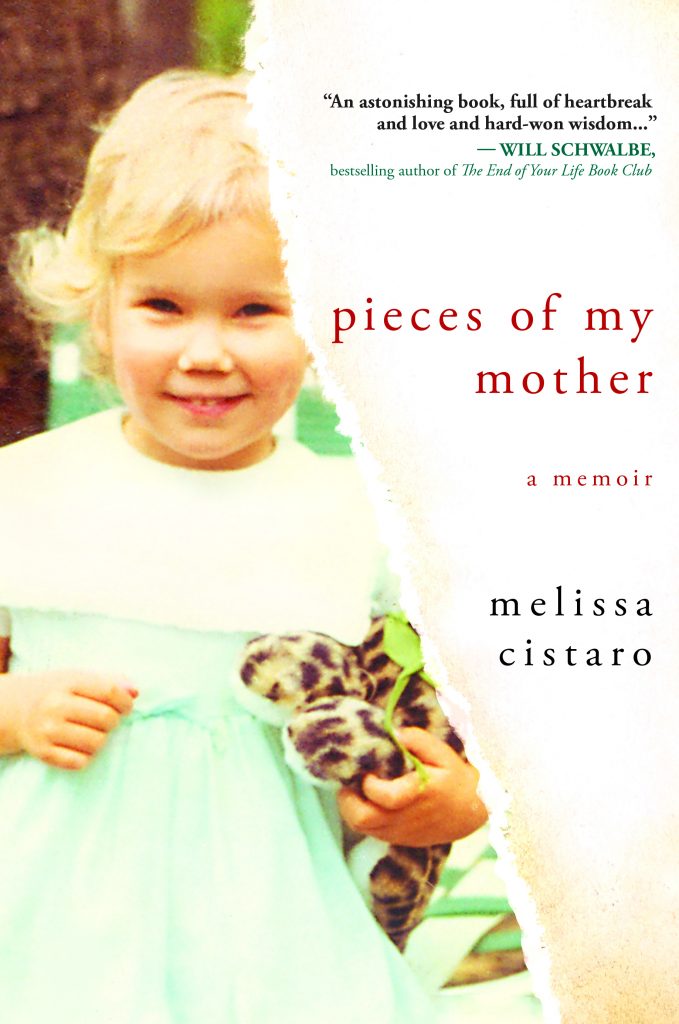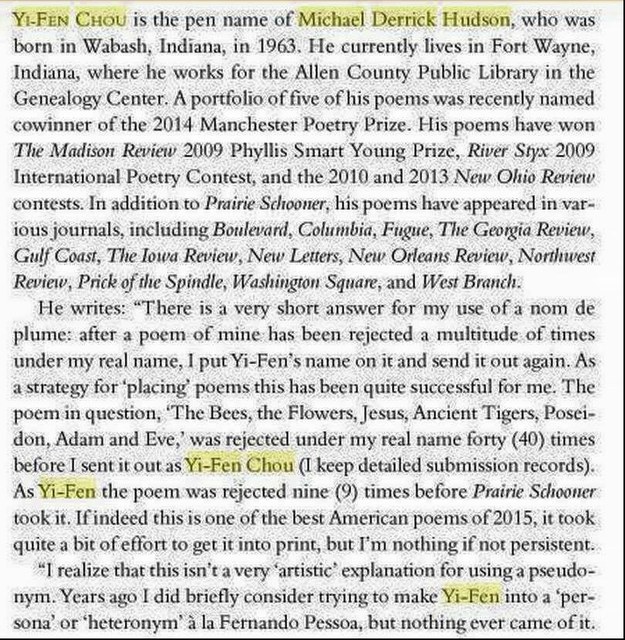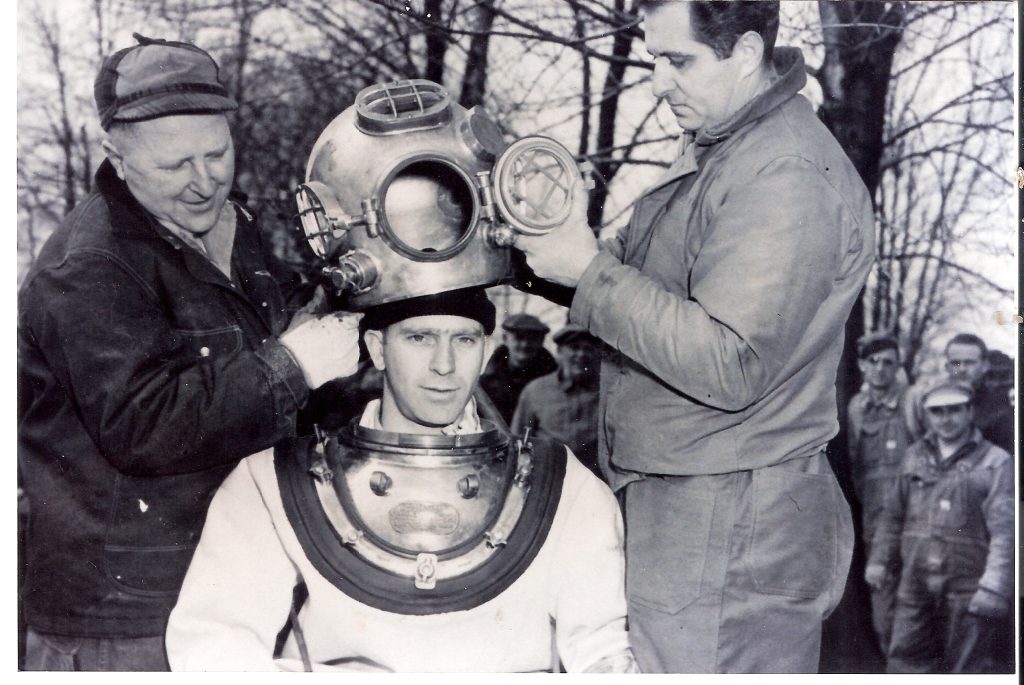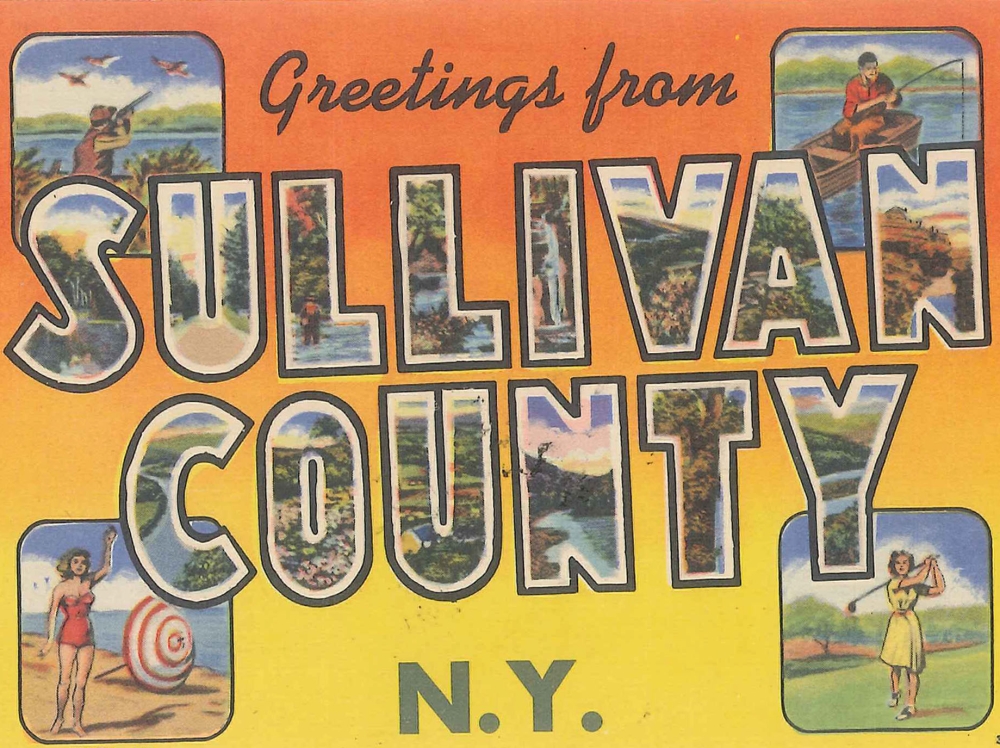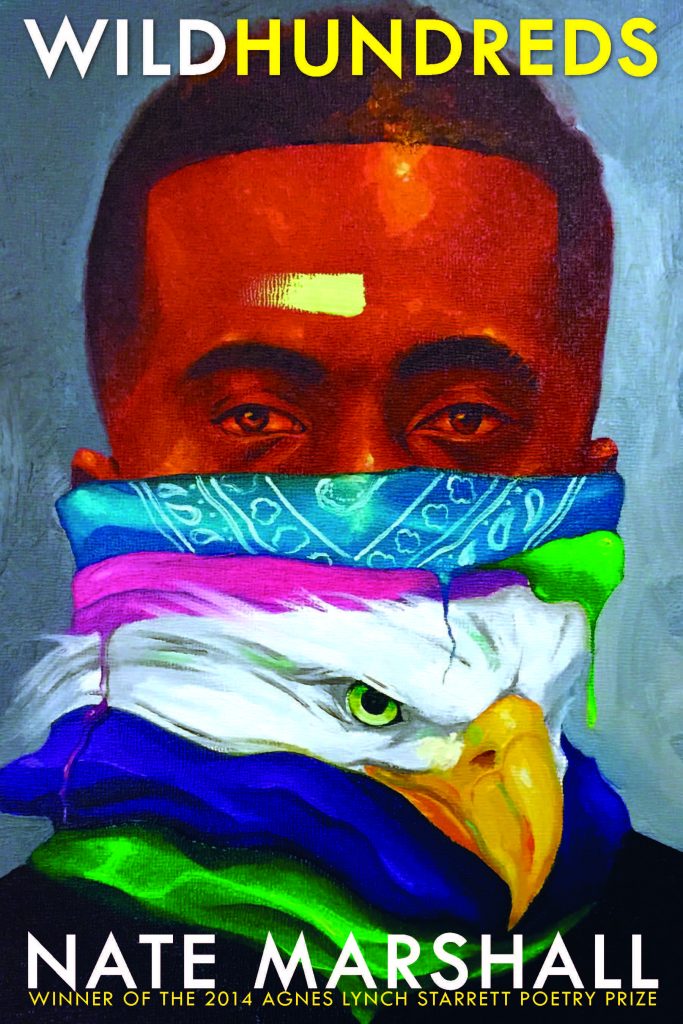First Readers
Reading that first chapter, I was so self-conscious. I made him lie down and turn his head away from me. I stopped frequently to ask if he’d fallen asleep. But slowly, as I reached the end of the first chapter of the first novel I’d ever written, I realized that I was enjoying myself. I had put aside the novel draft for a couple of weeks beforehand, and to revisit the characters and world was a treat, and I felt a lovely bond between myself and my first reader, as we both dove into the novel, quite literally on the same page.

